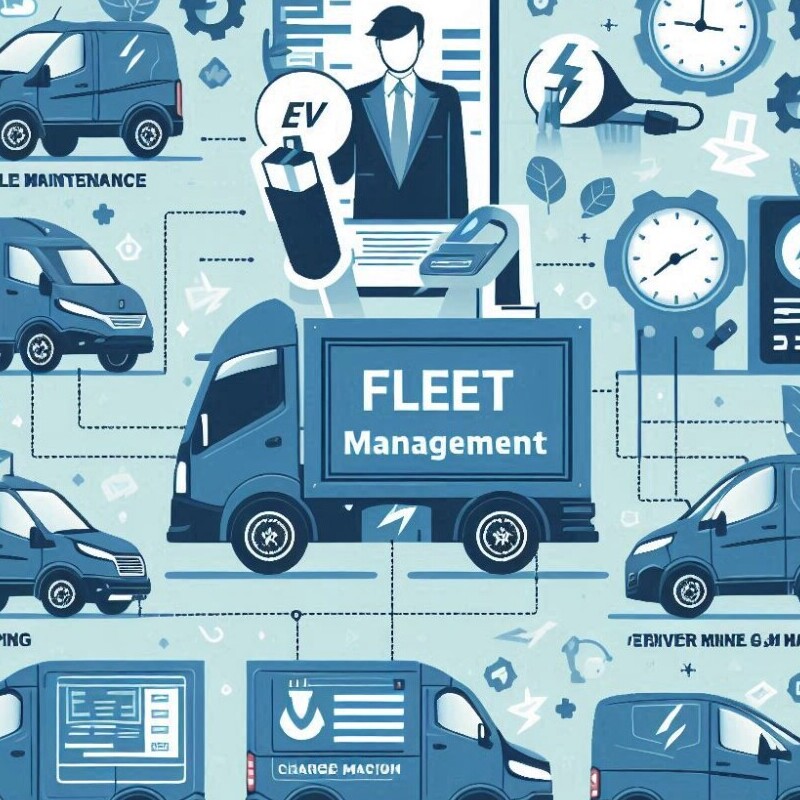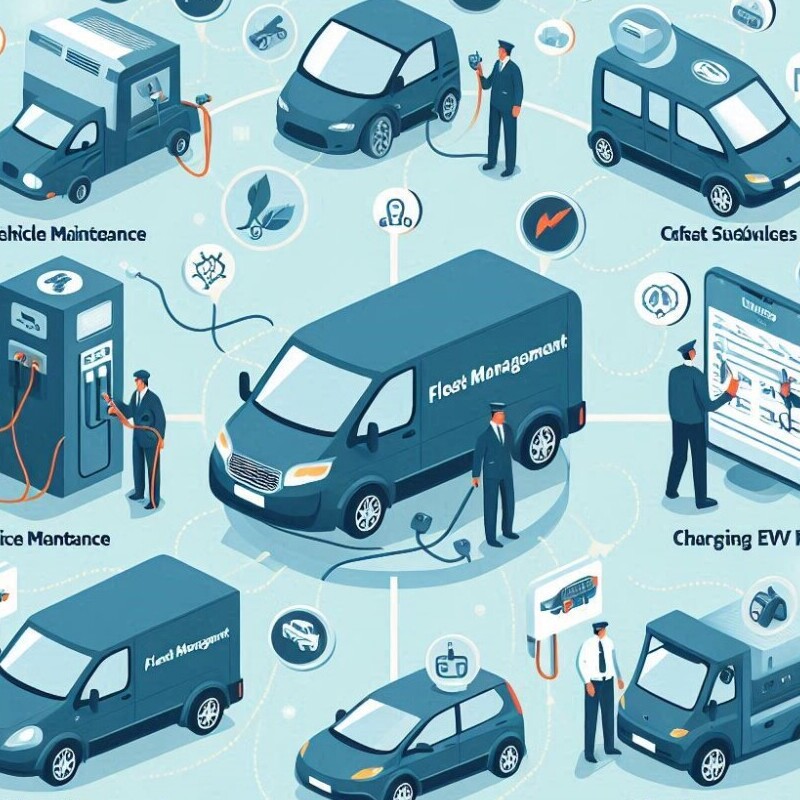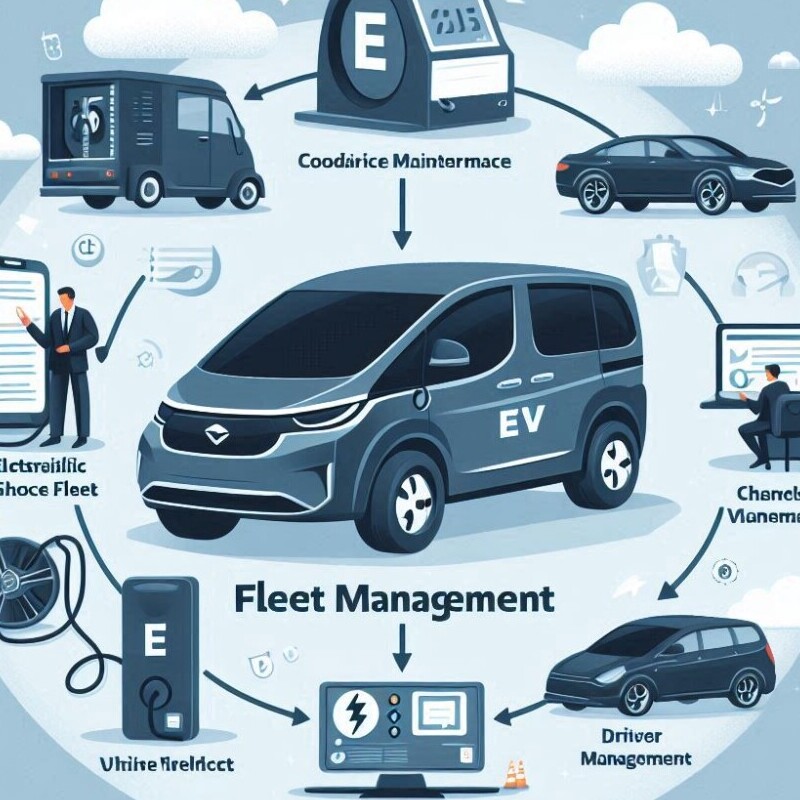Solar Powered Fleet
Solar-Powered EV Fleet Systems

Fleet management in electric vehicles involves coordinating all aspects of an EV fleet, much like handling a traditional vehicle fleet but with some unique twists. It’s about tracking vehicle maintenance, charging schedules, driver management, and the like. With EVs, there’s an added layer of complexity—handling electric energy needs efficiently. Adding solar power to the mix can seem daunting, but it’s a game-changer for sustainability.
Thinking about charging your EVs with solar panels? It’s totally possible. Solar panels convert sunlight into electricity, which can then be used to charge electric vehicles. This is an effective way to reduce reliance on the grid, especially when you’re managing a fleet that requires consistent power supply. The technology is already in place, with solar chargers available that convert sunlight into the necessary power. Efficiency, though, hinges on location and weather conditions, so those considerations are key when setting this up.
The world of electric vehicles can sometimes feel a bit like the Wild West, with plenty of players and rapid changes. Who owns VEV or Volatility in Electric Vehicles opens up a conversation about ownership models. Some companies own their vehicles outright, while others might lease or work with third-party providers to handle the fleet needs. Understanding who’s at the helm can provide insight into decision-making processes, especially when implementing new technologies like solar power.

Thinking about setting up a solar EV charging station? You’re looking at a range of costs, depending heavily on scale and location. On average, initial capital investment can run anywhere from $3000 for small setups to $30,000 for larger commercial systems. But here’s a kicker—the long-term savings on energy costs can be significant, not to mention the contribution to sustainability goals. These stations reduce fuel costs and can position your company as a green leader, adding a new dimension to brand value.
Integrating solar power into EV management isn’t just about financials—it’s a commitment to sustainability. By utilizing renewable energy, companies can lessen their carbon footprint, which is a significant step in environmental responsibility. This is more than just following the trend of green initiatives; it presents a real opportunity to make a longstanding positive impact on the planet.
Tech makes everything better, right? Smart systems and IoT (Internet of Things) play a crucial role in enhancing efficiency in fleet management. These technologies can optimize charging times, monitor vehicle performance in real-time, and ensure that the solar panels are working at peak efficiency. Automation and data analytics are transformative, helping manage the fleet with precision and improving energy usage significantly.

Real-life examples make it clearer. Some companies have successfully integrated solar-powered EV fleets, witnessing substantial savings and operational efficiency. From urban logistics firms to regional delivery services, these cases illuminate how solar and EV tech can work hand in hand, driving down costs while boosting sustainability credentials.
And of course, there are always rules to play by. Navigating regulatory waters can be a challenge, but it’s critical. Government incentives make solar more attractive, but understanding these policies is essential for capitalizing on financial benefits and avoiding pitfalls. Keeping abreast of changes in legislation will help ensure compliance and optimize operations within this evolving landscape.
%20(4).jpg)








%20(2).png)




Comments